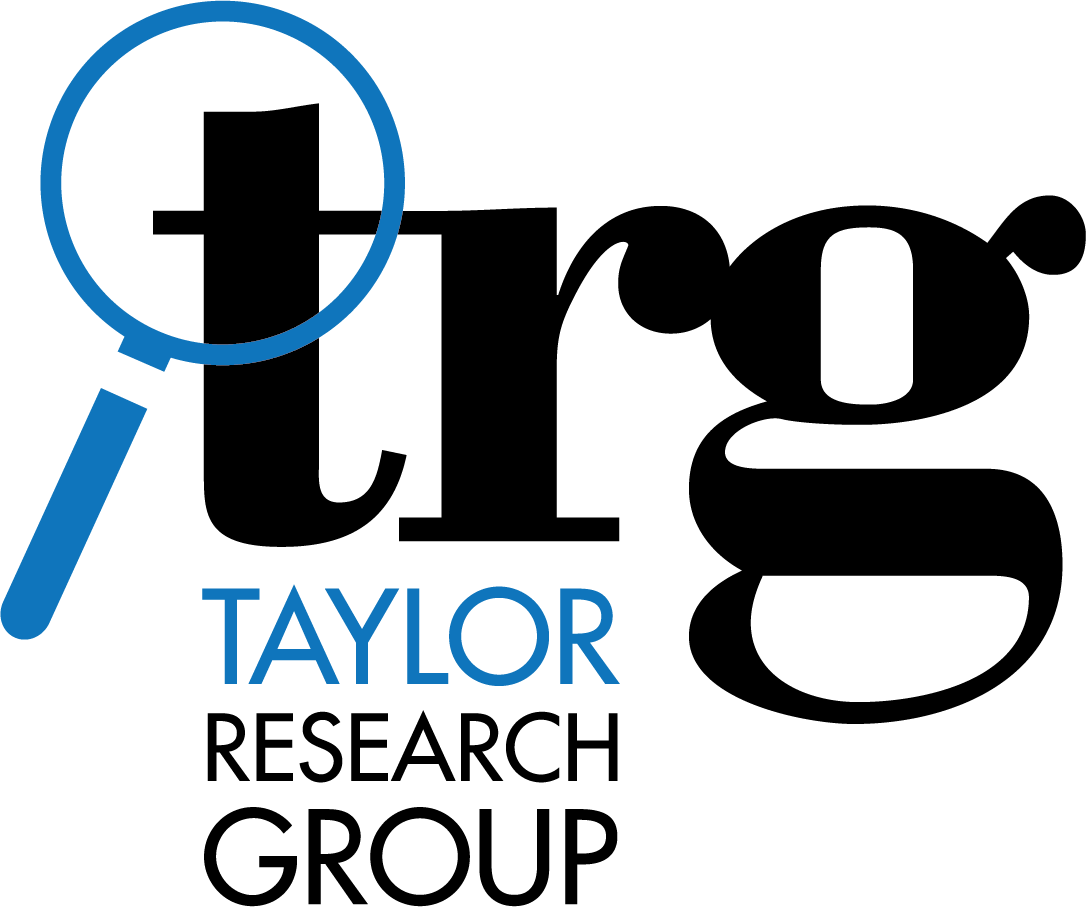Today’s post in our Meet the Team series features Research Associate Ama Ansah, who holds a BA in History and MA in Public History. Her background extends from conducting historical and environmental research on behalf of government agencies to managing repository visits and digitizing documents. Along with her enthusiasm and expertise in history that she brings to TRG, Ama also provides support on TRG’s communication front, by writing for our blog and newsletters. To learn more about Ama, read her Q&A below.
When you’re not working, where can we find you?
You can find me indulging in at least one of my many hobbies. I’m always crafting or sewing something. I love to re-use, re-purpose, and “upcycle” objects. For example, I hollow out mass produced outdated reference books (think Chicago Manual of Style) and turn them into unique little boxes. I enjoy sewing clothes for myself, my friends, and my family. I’ve made many garments out of discarded fabric scraps!
I also am into digitizing VHS tapes and uploading clips to Instagram, TikTok, and YouTube. Currently, I have over 115 tapes, mostly movies and shows created by smaller production companies, tapes where someone recorded shows to watch later, even a few home movies! They’re fascinating little windows into the past. I have to laugh at myself sometimes, going home from a long day of doing history to relax by…doing more history!
If the TRG team was out at a quiz or trivia night, what would be your area of expertise?
I am knowledgeable about internet culture. My friends always come to me when they’re trying to understand an internet trend, meme, or new slang. What’s funny is I don’t even consider myself “very online!”
As a TRG team member, we know you frequently travel to repositories throughout the country, but what about personal travel experiences? Tell us about a memorable trip.
I just went to London with my mom this fall! We haven’t traveled together in years, so it was fun having a girl’s trip. We went to lots of art museums and explored different parts of the city. Back in undergrad, I did two summers of research in London and studied abroad there for a semester, so it was cool seeing how the city has changed but, in many ways, feels the same. We also went to Bath, which is where the Romans built a large public bath around the year 60AD. You can still visit that bath house today!
No matter where I go, I make sure I visit at least one secondhand store. I love visiting thrift stores. You can learn a lot about a town by looking at what it discards and what it considers valuable enough to be re-sold!
If you had a time machine, which decade or historical time period would you most want to live in and why?
That’s a tough one! As a minority and woman, every historical period has considerable drawbacks. This may mortify many of our readers and some of our team members, but I’d want to experience the 1990s as a young adult.
Earlier I mentioned my VHS digitizing hobby. Most of the tapes I’ve worked with are from the late 1980s and 1990s. It’s fascinating watching those news broadcasts, commercials, and programs today because it’s familiar yet so distant. It was the information age, but the news cycles were slower. Things could still be hyper-local. In these videos, I hear regional accents, I see styles that were specific to an area and a subculture, I see programming that you could only get if you lived in a particular broadcast area. In the past 30 years, everything has been kind of smoothed over. I feel that regional accents have softened, subculture has been replaced with aesthetic, every kind of media is seemingly accessible online (until it isn’t!). These small details add up and you realize that the world you’re viewing on these tapes is a world that no longer exists.
Also, the 90s had great music!
Prior to joining TRG, you obtained a BA and MA in History. How does your background in history shape your research approach at TRG?
I think the most unique thing about my experience in historical research is the variety of topics I’ve covered. Off the top of my head, I’ve done historical research on fashion, theatrical costuming, voting rights, immigration, race, mineral mining, marriage laws, garbage disposal, DC neighborhoods, cosmetics, oil and gas, and more! Because of this wide range, I’m familiar with a lot of tools and repositories. I know how to track down answers and find evidence.
In 280 words or less, tell us something about historical research field that would surprise those outside of it.
Sometimes doing historical research can feel like doing detective work! You’re finding evidence, piecing it together, trying to understand what happened, who was involved, and why. Sometimes doing historical research feels like being a gossip columnist! You come across an otherwise innocuous piece of WWII era Government correspondence but a passive-aggressive dig in the second paragraph reveals an underlying tension that has you wondering “what happened between those two?” Sometimes it feels like journalism, where you’re piecing together a narrative and connecting it to the bigger picture. What it all comes down to is the human love of story and seeing part of ourselves or our world in those stories. People have always been people and there’s something comforting in that.


